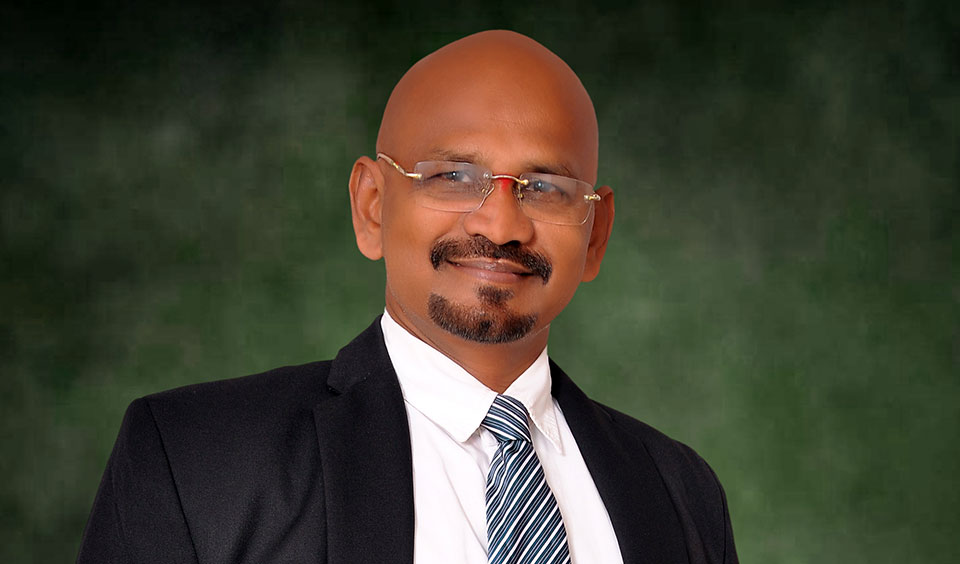How can soft leadership address generational differences to achieve organisational excellence and effectiveness?

There are four generations already in the workplace and a fifth (Generation Z) entering it. At the same time, there can be wide gaps between these various generational cohorts – gaps that leaders find challenging to overcome. These gaps are related to factors such as age, attitude, ego, experience, environment, perceptions and technology. Fortunately, they can be overcome with the application of soft leadership.
What is soft leadership?
Soft leadership blends soft skills, hard skills, and leadership. It emphasises the significance of precious human resources and helps with managing the emotions, egos and feelings of people. It focuses on attitude, behaviour and personality, and calls for making others feel important. It is a behavioural integrative, participative and relationship-driven leadership model that adopts tools such as appreciation, collaboration, motivation, negotiation, persuasion, and recognition to accomplish tasks effectively.
Soft leadership is not a submissive leadership, or a lame-duck leadership, but an assertive leadership where soft leaders adopt pleasing and polite communication to get the tasks executed. Succinctly, soft leadership can be defined as the process of setting goals; influencing people through persuasion; building strong teams; negotiating with them using a win-win attitude; respecting their failures; handholding them; motivating them constantly; aligning their energies and efforts; and recognising and appreciating their contribution in accomplishing organisational goals and objectives with an emphasis on soft skills. It is based on the right mindset, skillset, and toolset. For all these reasons, soft leadership helps to bridge generational differences and create generational compatibility, to the benefit of organisations.
Create generational compatibility
When people from different generations work together, they have a great opportunity to learn from each other. Different generations think differently, act differently, do differently, and deliver differently. It is a great learning experience all round.
But just as there are often clashes between parents and children at home due to the generation gap, there are often clashes between various generations in the workplace. This adversely affects productivity and performance. So just as parents exercise restraint and patience with their children at home, older generations must exercise restraint and patience with millennials. And they must empathise with millennials. They must think about how they behaved with older generations when they were young. When older generations understand – and empathise with – millennials, most conflicts in the workplace can be eliminated.
Furthermore, older generations must also collaborate with millennials. They must learn to embrace change to get along with millennials, thereby creating a healthy organisational culture that generates value for all stakeholders.
The same, but different
Of course, people are not necessarily different just because they are born in specific years. What’s more, as people age, they may display similar traits to the generations before them. For instance, millennials may start to show some qualities that were demonstrated by previous generations when they were younger. The difference is that education, technology and the general environment have brought about changes that have resulted in millennials thinking and behaving in specific ways.
There is no ‘one-size-fits-all’ approach to handling generational differences in the workplace. Leaders must apply different strokes to different generations. What worked in the past may not work now. But there is an urgent need to embrace change by looking at the various generations through a new lens to create generational compatibility. That means looking for similarities in generations to connect with them emotionally, and celebrating generational differences to achieve organisational excellence and effectiveness.
Written by Prof. M.S. Rao, Ph.D.
Have you read?
Largest Hotel Chains in the World, 2023.
Best Residence by Investment Programs for 2023.
International Financial Centers Ranking, 2023.
Best Citizenship by Investment (CBI) for 2023.
The World’s Most Valuable Unicorns, 2023.
Ready to join the CEOWORLD magazine Executive Council– Find out if you are eligible to apply.
Bring the best of the CEOWORLD magazine's global journalism to audiences in the United States and around the world. - Add CEOWORLD magazine to your Google News feed.
Follow CEOWORLD magazine headlines on: Google News, LinkedIn, Twitter, and Facebook.
Copyright 2025 The CEOWORLD magazine. All rights reserved. This material (and any extract from it) must not be copied, redistributed or placed on any website, without CEOWORLD magazine' prior written consent. For media queries, please contact: info@ceoworld.biz








